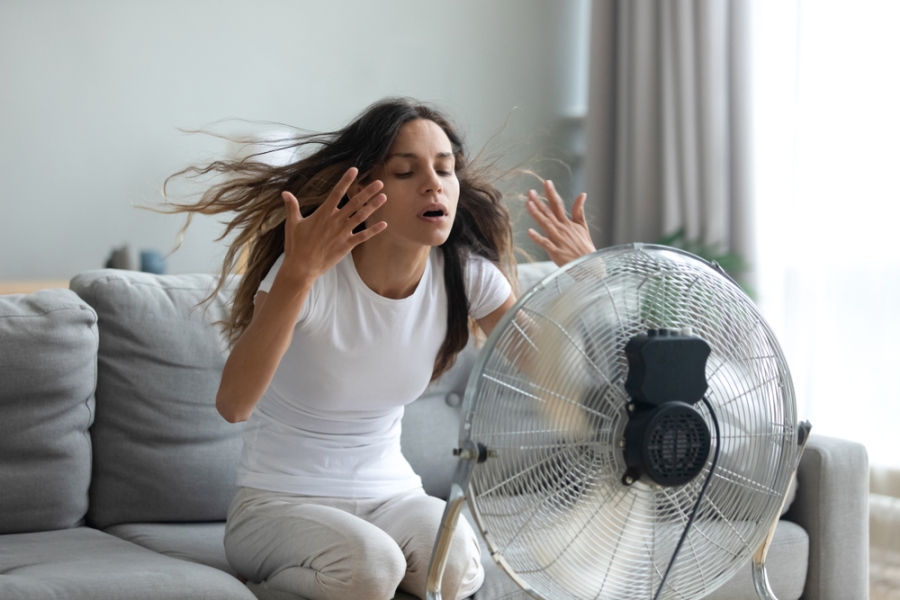With winter finally behind us, we can start to look forward to summer – we can make plans to enjoy the good weather (and, hopefully, some loosening of the restrictions designed to keep us all safe from the Covid-19 pandemic), and we should also think about some of the challenges brought by the heatwaves that are now a feature of the UK’s summer climate. Today we’re taking a look at some of the risks they bring with them, and what you can do to limit the risks and maximise your enjoyment!

Dehydration
One of the problems you need to be aware of in summer is the risk posed by dehydration. Dehydration can cause headaches, difficulty concentrating, muscle aches and, when it gets really bad, vomiting and even unconsciousness. When the weather gets seriously hot you and your family are at serious risk of dehydration – especially younger kids, who’ll run and play in the sun all day and not notice they’re getting dehydrated until the situation has escalated.
It’s best to set timers to remind yourself and others to top up on water regularly, but you also need to know how to rehydrate quickly at home. Using sports rehydration drinks or rehydration sachets from the chemist speed up your recovery from being dehydrated. They contain the same balance of salts that your body needs (and has lost through sweat) – not just water, so you’ll feel much better, much faster.
Getting Good Sleep
It can be difficult to sleep in the middle of summer. From the high temperatures of heatwaves and the long hours of daylight, our body’s normal cues to sleep are diminished: when we prepare to sleep our core temperature drops, and in low light levels, we produce more melatonin, which makes us drowsy.
Fortunately there are some things you can do to help.
- Good sleep hygiene
Practicing good sleep hygiene means having a good routine around bedtime, and not contaminating the rituals and processes that get you ready for sleep with things that keep you awake. Maintaining a regular bed time, banishing digital screens from the bedroom and practicing relaxation methods to help you sleep all contribute to good sleep hygiene.
- Keeping the room dark
Darkness helps you produce more melatonin, and that helps you sleep. In summer, when the days are long, and depending on your latitude dusk could blend seamlessly into dawn with no true night between. If you need to, fit blackout curtains or consider a sleep mask to give yourself the darkness you need.
- Keep cool
Feeling cool helps us sleep, but that’s harder to achieve in the summer. Keeping your windows open all day might not be the best way to cool your room – depending on which direction it faces, you might just be letting in hot air from the outside into a better insulated, cooler house! Your best option might be to keep the windows and curtains closed, at least until the evening. Create a cooler atmosphere and you’ll give yourself a better chance of getting the sleep you need.